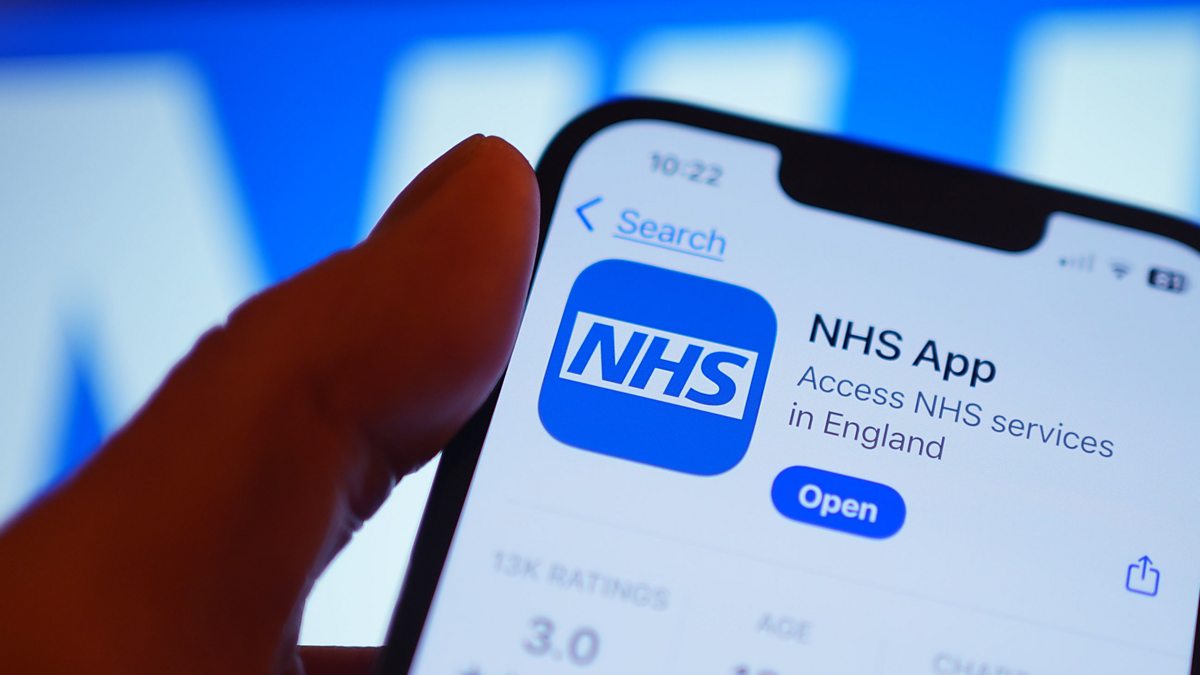Unlock Your Brain & Liver Health: New Research Reveals the Surprising Power of Regular Exercise

We all know exercise is good for us – building muscle, boosting heart health, and aiding weight management are just the tip of the iceberg. But emerging research is uncovering a truly remarkable, and often overlooked, benefit: the profound impact of regular physical activity on both your brain and liver health. Forget just feeling physically fit; exercise could be the key to a sharper mind and a healthier, more resilient liver.
The Brain-Boosting Benefits: Sharpen Your Mind with Movement
For years, scientists have understood the link between exercise and cognitive function. However, recent studies are delving deeper into the mechanisms at play. It's not just about increased blood flow to the brain, although that's certainly a factor. Exercise stimulates the release of neurotrophic factors, like Brain-Derived Neurotrophic Factor (BDNF), often referred to as “miracle-grow” for the brain. BDNF promotes the growth and survival of neurons, strengthens connections between them, and protects against age-related cognitive decline.
Think of it this way: your brain is constantly undergoing change. Exercise helps accelerate the positive changes, making you more adaptable, focused, and even creative. Studies have shown that regular physical activity can improve memory, attention span, and executive function – the skills you need to plan, organize, and solve problems. It's also linked to a reduced risk of neurodegenerative diseases like Alzheimer's and Parkinson's.
The Liver Connection: Exercise as a Detoxifying Force
The liver is your body’s primary detoxification organ, responsible for filtering toxins and processing nutrients. A sluggish liver can lead to a build-up of harmful substances, impacting overall health. Surprisingly, exercise plays a crucial role in supporting liver function. When you exercise, your muscles burn glucose for energy. This process helps to reduce the amount of fat stored in the liver, a condition known as non-alcoholic fatty liver disease (NAFLD), which is increasingly common.
Furthermore, exercise helps to improve insulin sensitivity, which is also beneficial for liver health. Insulin resistance can lead to increased fat accumulation in the liver. By improving insulin sensitivity, exercise helps to regulate blood sugar levels and reduce the burden on the liver.
Putting it All Together: A Holistic Approach to Health
The connection between exercise, brain health, and liver health highlights the interconnectedness of our bodies. It's not just about targeting one area; a holistic approach that incorporates regular physical activity is essential for overall well-being. You don’t need to run marathons to reap the benefits – even moderate exercise, like brisk walking, cycling, or swimming, can make a significant difference.
Here are a few simple steps you can take to incorporate more exercise into your routine:
- Schedule exercise like any other important appointment.
- Find an activity you enjoy to make it more sustainable.
- Start slowly and gradually increase the intensity and duration.
- Make it social by exercising with friends or family.
Investing in your physical health is an investment in your brain and liver health. So, lace up your shoes and start moving – your body and mind will thank you for it!






